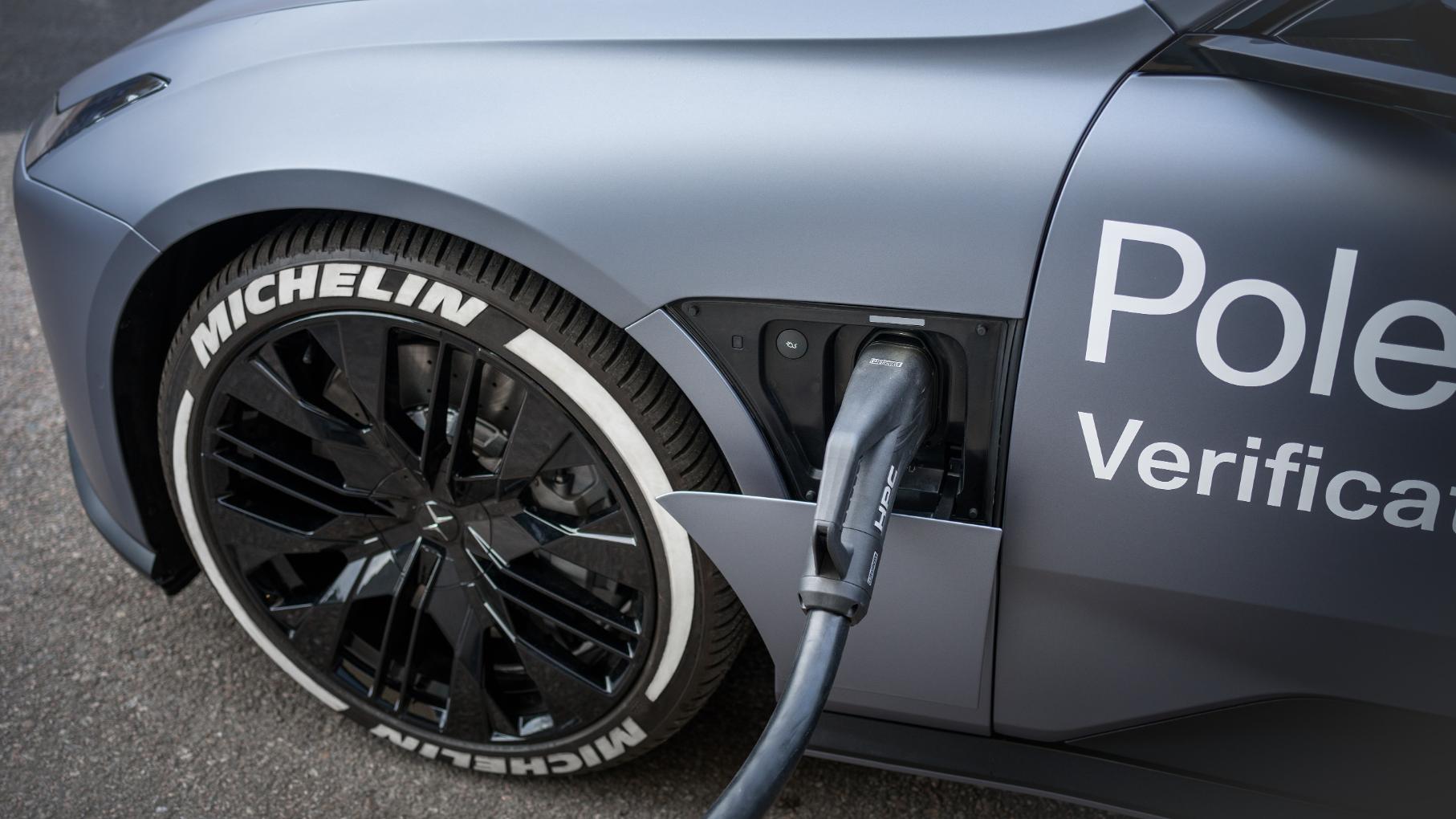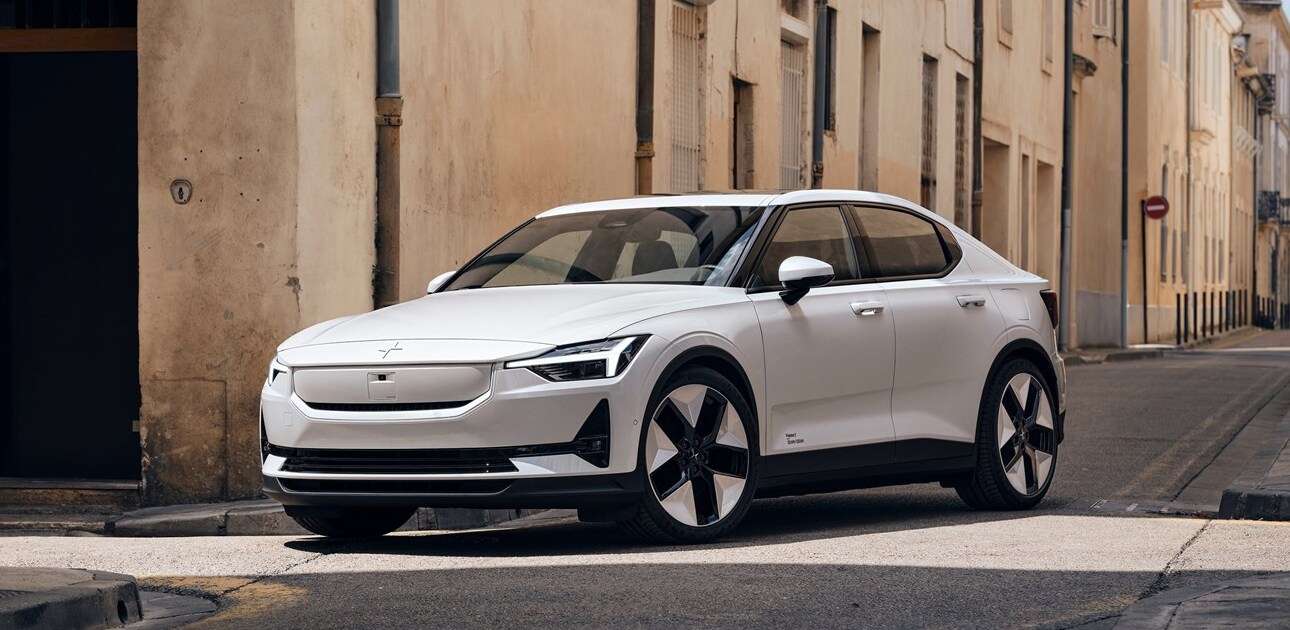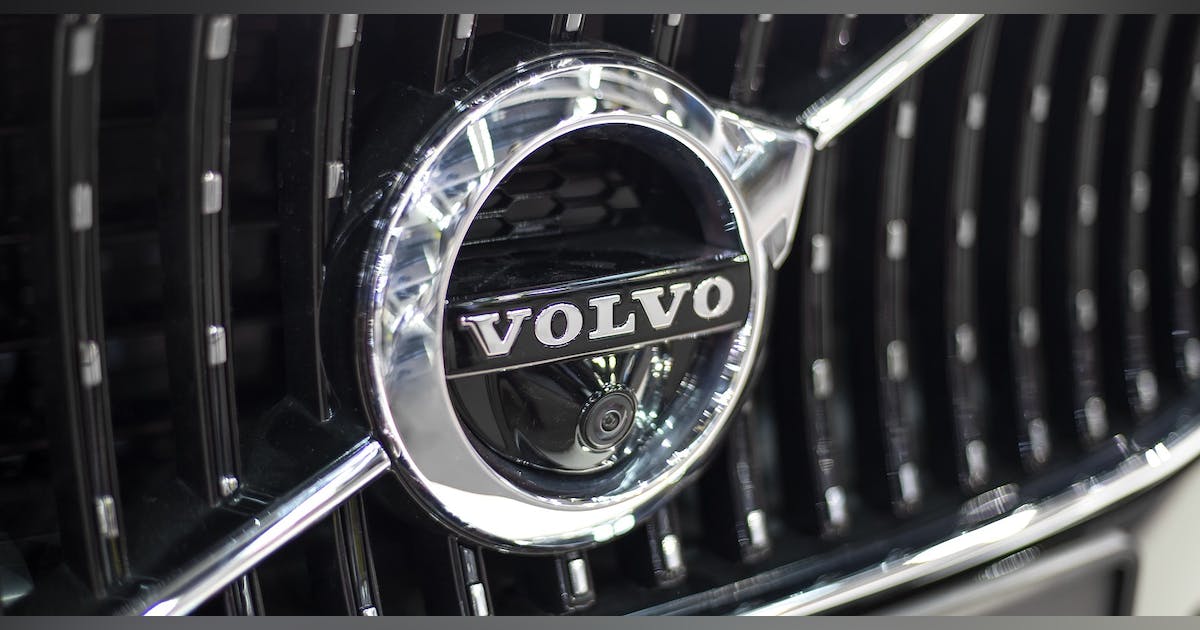Polestar, the Sweden-based electric vehicle manufacturer, has announced a significant achievement in reducing greenhouse gas emissions by nine percent per car sold in 2023. This reduction, equivalent to an average of 3.4 tonnes of CO2-equivalent emissions per car, was made possible through various initiatives focused on renewable power, efficient batteries, and cleaner materials.
The company’s efforts align with its goal to halve greenhouse gas emissions by 2030 and achieve climate neutrality by 2040. Polestar credits the reduction to three key areas of focus in its production process: the use of materials with lower climate impacts, the use of renewable electricity in car and battery production, and increasing the energy efficiency of its cars.
One example of this increased efficiency is seen in the updates made to the 2024 Polestar 2, which now offers up to 20% longer travel distances, consumes 9% less energy, and provides up to 34% faster charge times. These improvements were largely due to hardware upgrades such as larger batteries and new motors.
Polestar is also looking to further enhance battery efficiency and has partnered with StoreDot to incorporate extreme fast charging technology into future Polestar vehicles. This technology could potentially allow for “100-in-5” charging, enabling 100 miles (160 kilometers) of range to be charged in just five minutes.
In addition to these advancements, Polestar has increased its transparency and traceability efforts by expanding the tracking of battery risk minerals. The company can now trace lithium and nickel used in the Polestar 3 battery, in addition to cobalt and mica, which have been monitored with blockchain technology since 2020 and 2021, respectively.
Fredrika Klarén, Polestar’s head of sustainability, emphasized the company’s commitment to accelerating the EV transition while introducing more sustainable and innovative solutions. She stated, “Our vision is clear – we want to accelerate the EV-transition while bringing in more sustainable and innovative solutions to make electric cars even better.”
Klarén also highlighted the need for the automotive industry to improve its climate pledges and share concrete plans for achieving climate goals. Polestar aims to make its climate roadmap more concrete as it progresses towards its 2040 climate goal.




